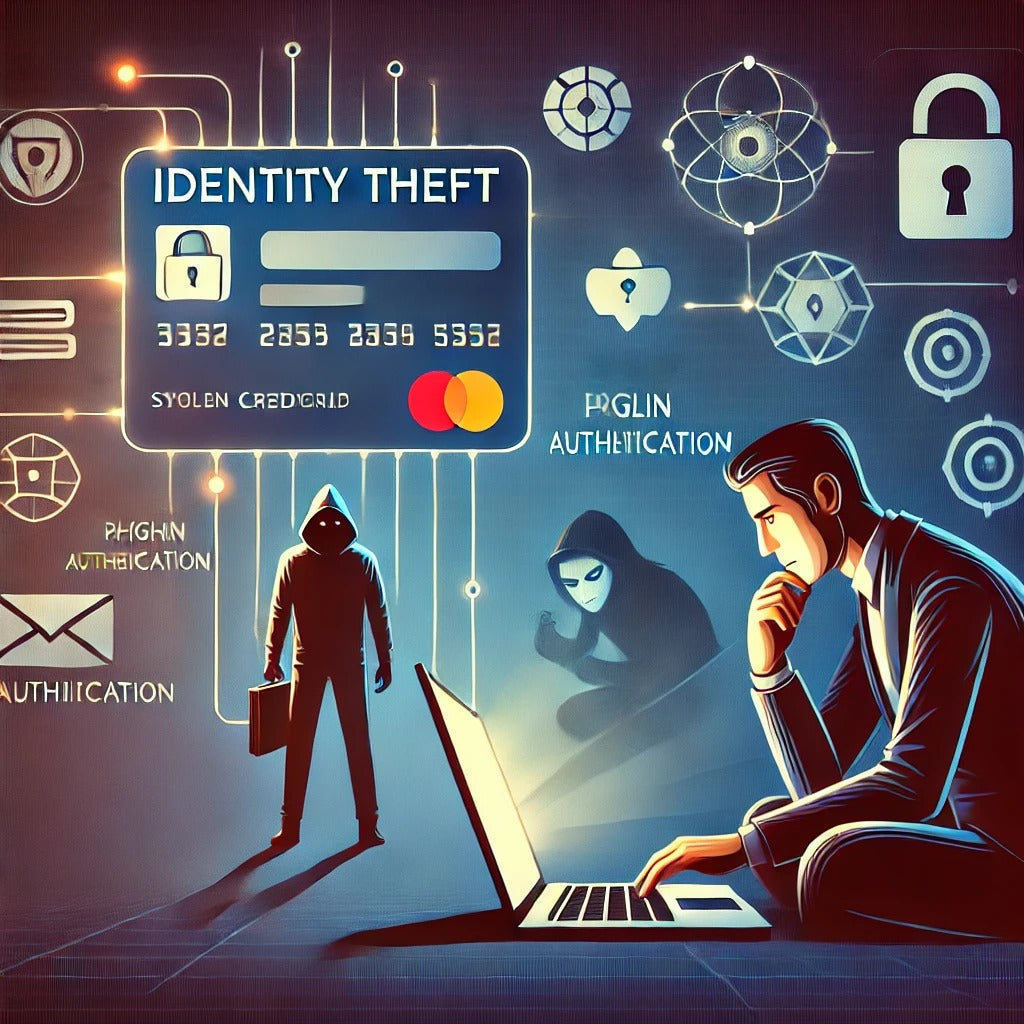
How to Keep Your Identity Private and Secure
How to Keep Your Identity Private and Secure
In today’s digital world, keeping your identity private is more important than ever. Cybercriminals are always looking for ways to steal personal information, from passwords to Social Security numbers. Whether you’re shopping online, using social media, or just browsing the web, there are simple steps you can take to protect your identity.
1. Use Strong, Unique Passwords
One of the easiest ways to protect your identity is by using strong, unique passwords for your online accounts. Avoid common passwords like “12345” or your name. Instead, use a combination of letters, numbers, and symbols. Consider using a password manager to help store and manage your passwords securely.
2. Enable Multi-Factor Authentication (MFA)
Multi-factor authentication adds an extra layer of security. It requires something in addition to your password, like a code sent to your phone or an authentication app. Even if someone gets your password, they won’t be able to access your account without the second factor.
3. Be Careful What You Share Online
Be mindful of the personal information you share on social media and other online platforms. Avoid posting sensitive details like your full name, address, phone number, or birthdate. The more information you put online, the easier it is for someone to steal your identity.
4. Use Secure Websites
When shopping or entering sensitive information online, make sure the website is secure. Look for “https” in the URL and a padlock icon next to the address. These indicators show that the site uses encryption to protect your data.
5. Monitor Your Accounts Regularly
Keep an eye on your bank accounts, credit cards, and social media profiles for any suspicious activity. If you notice anything unusual, report it immediately to the relevant authority.
Conclusion
Protecting your identity requires some effort, but it’s worth it to keep your personal information safe. By using strong passwords, enabling multi-factor authentication, being cautious about what you share, and monitoring your accounts, you can maintain your privacy and reduce the risk of identity theft.



